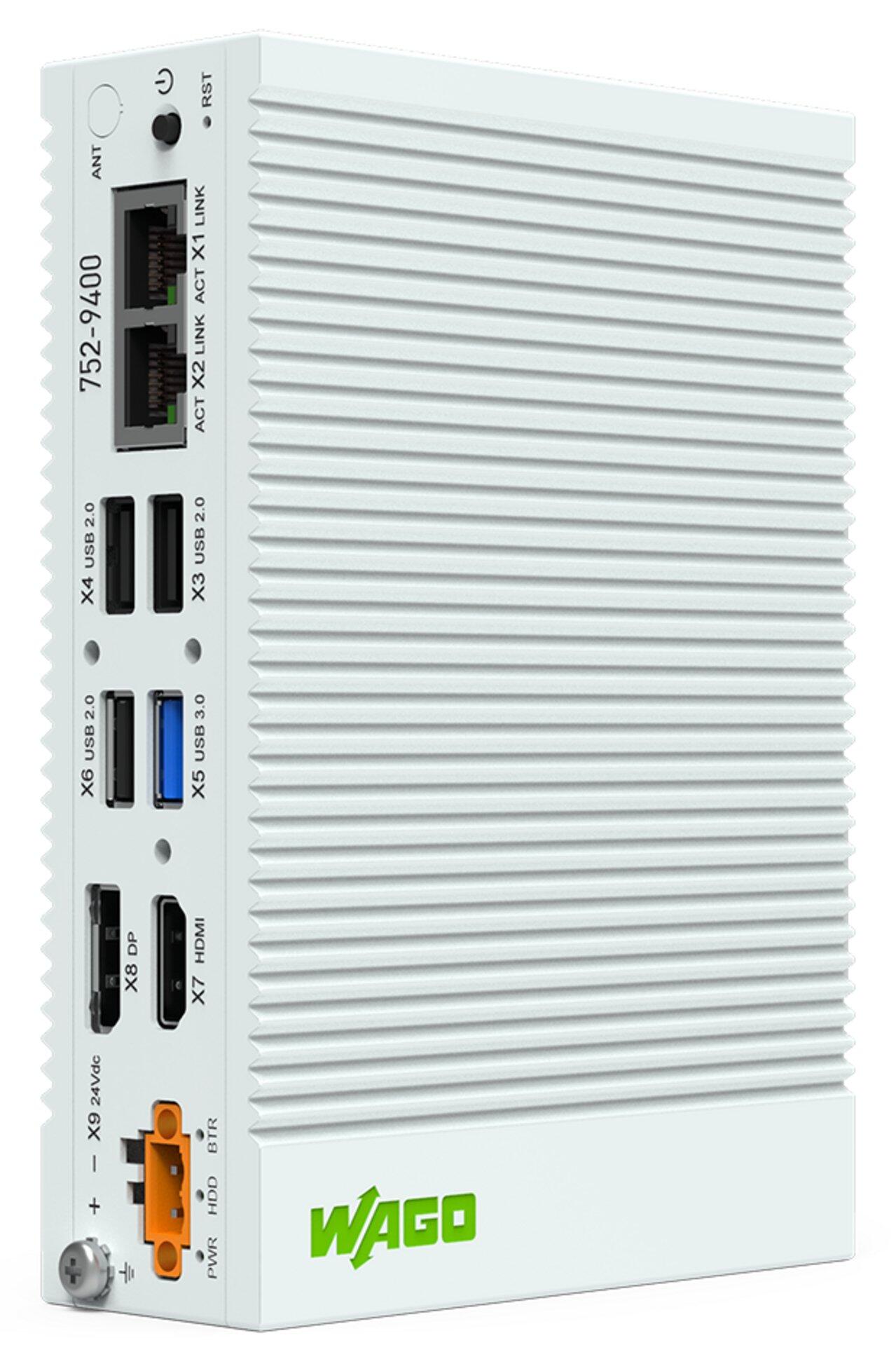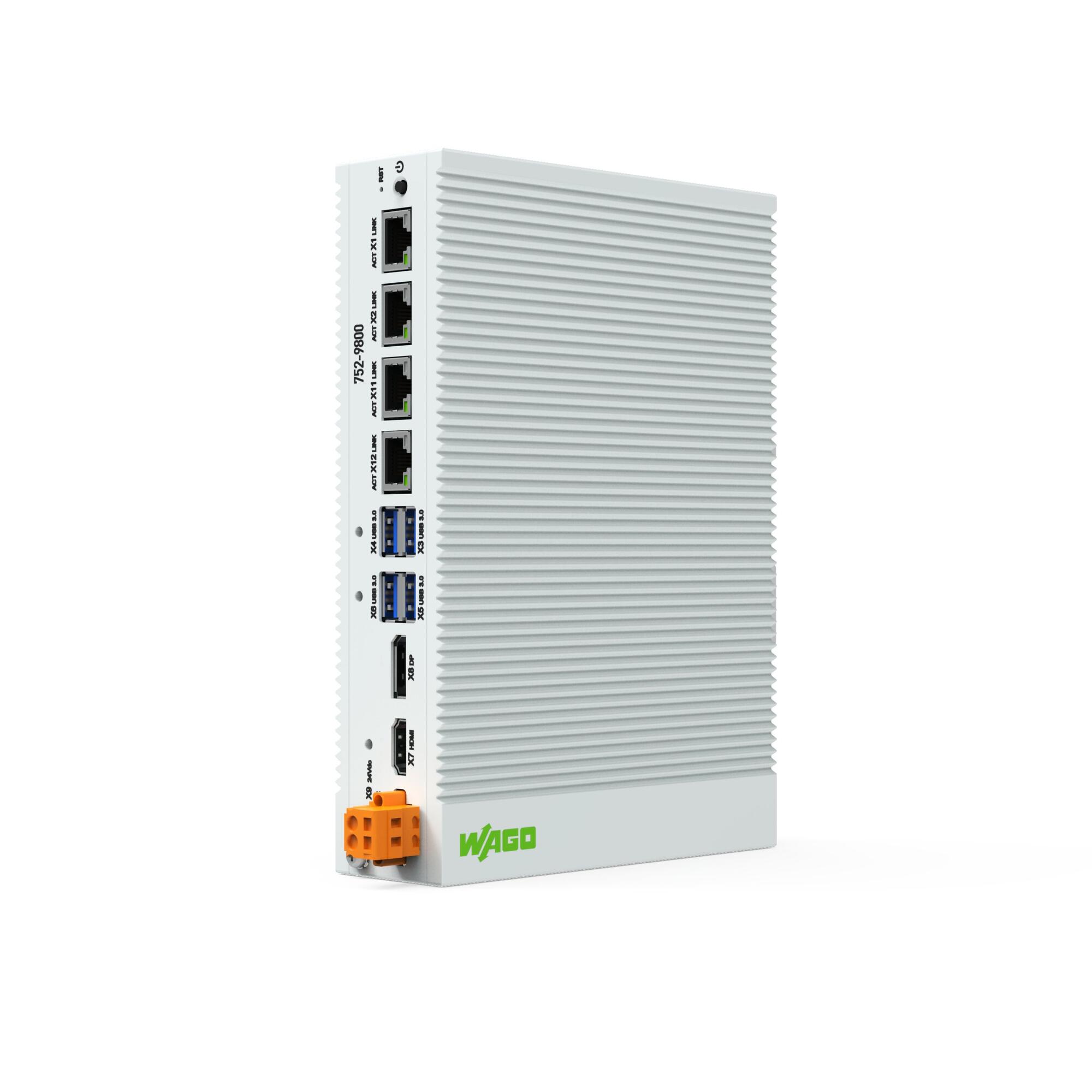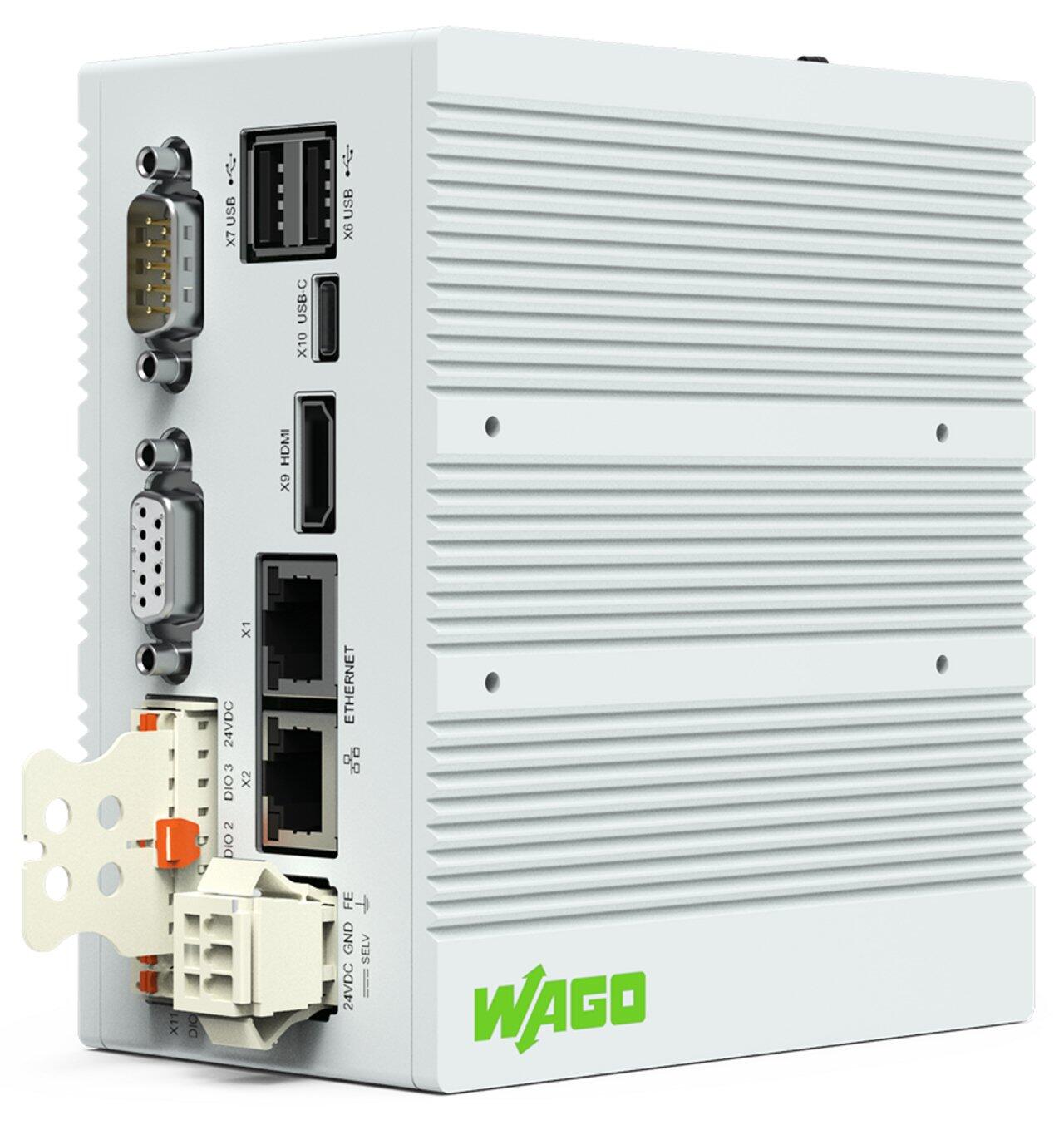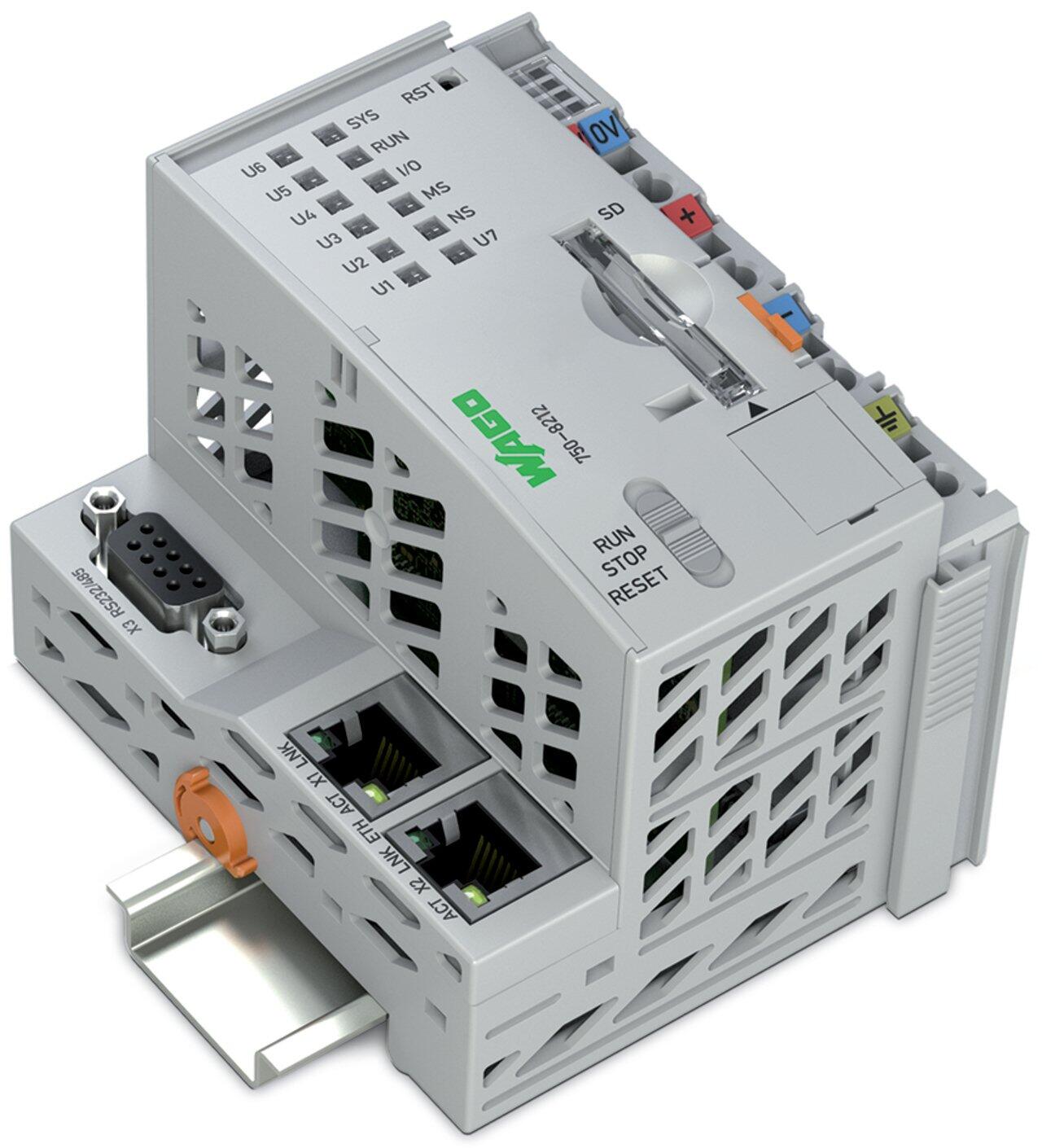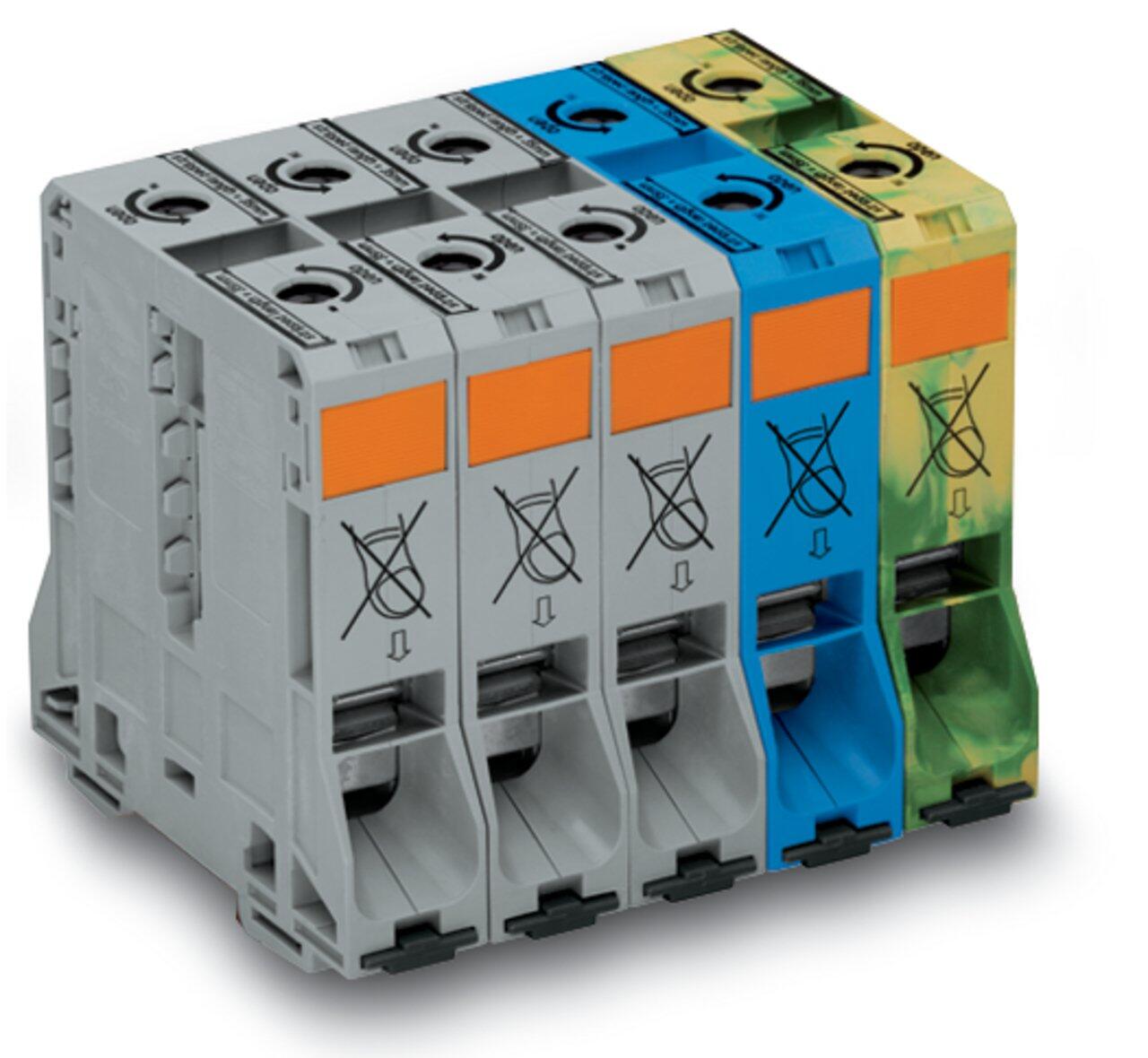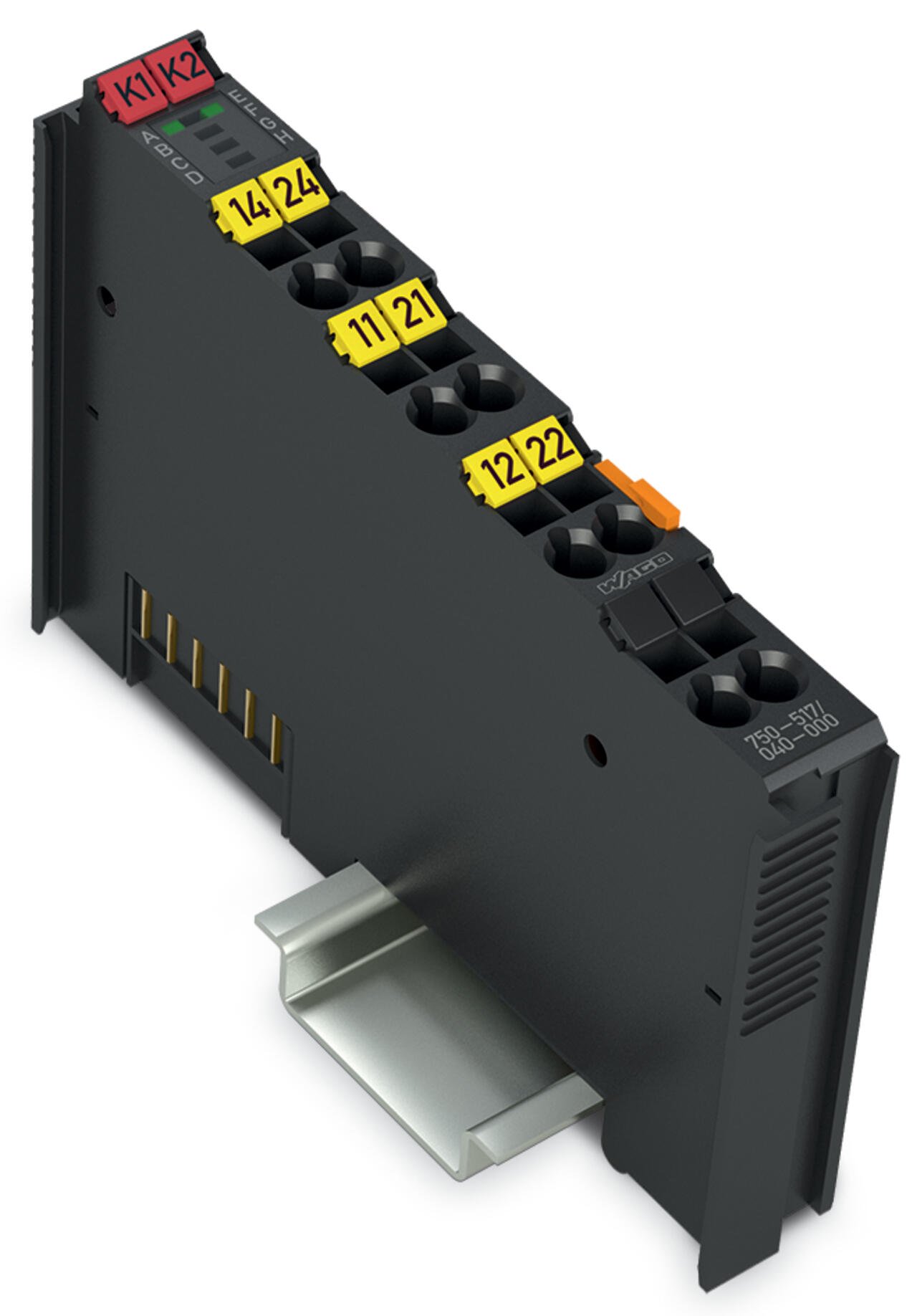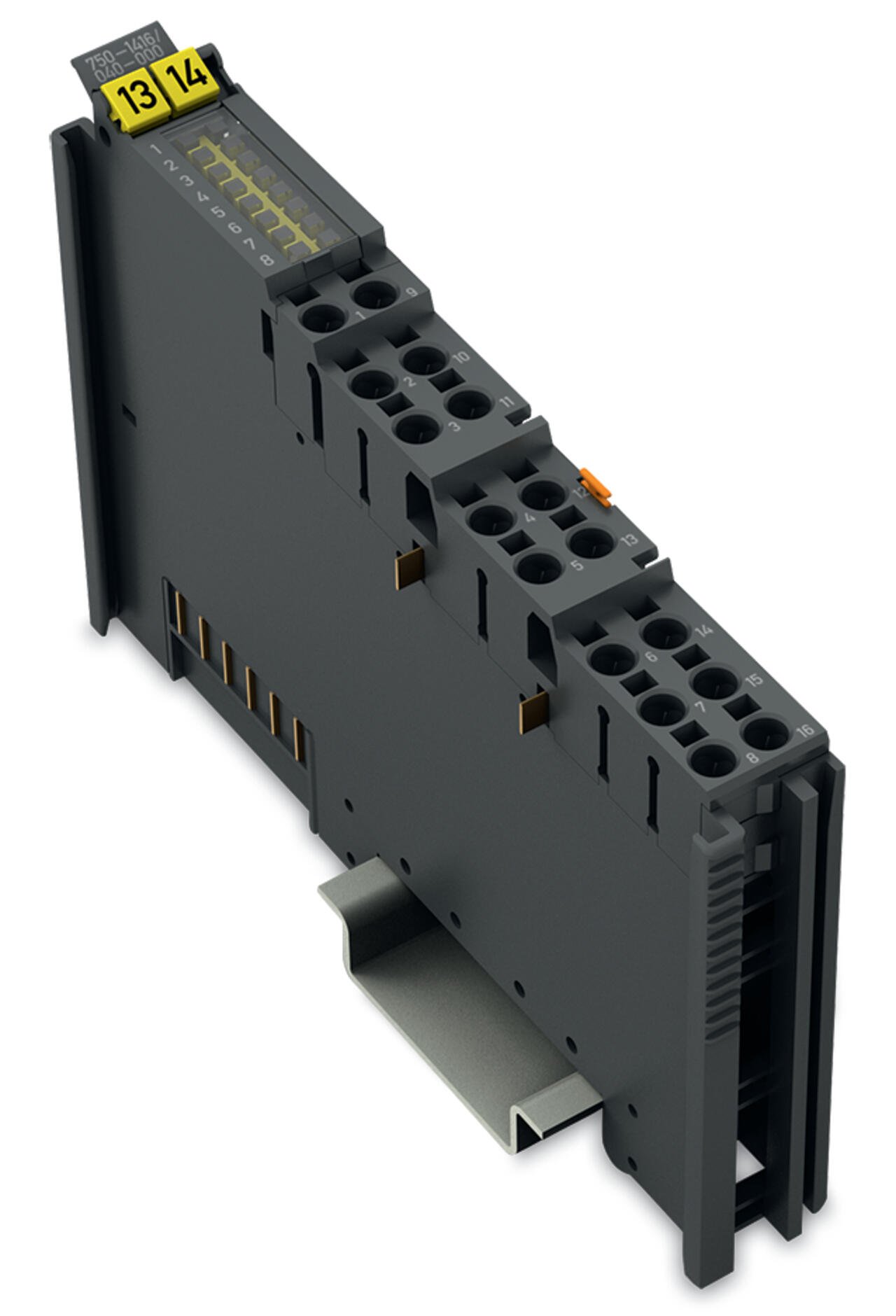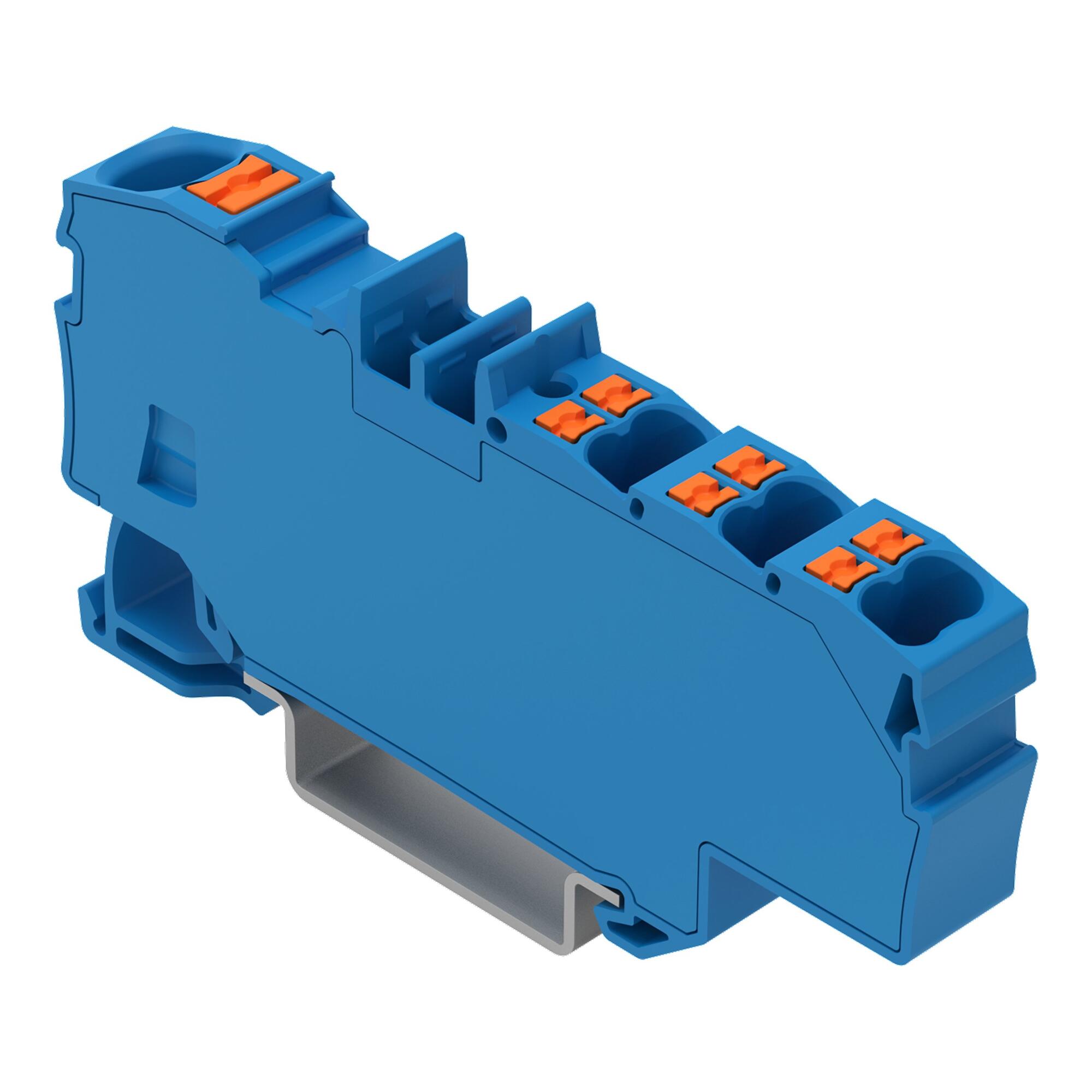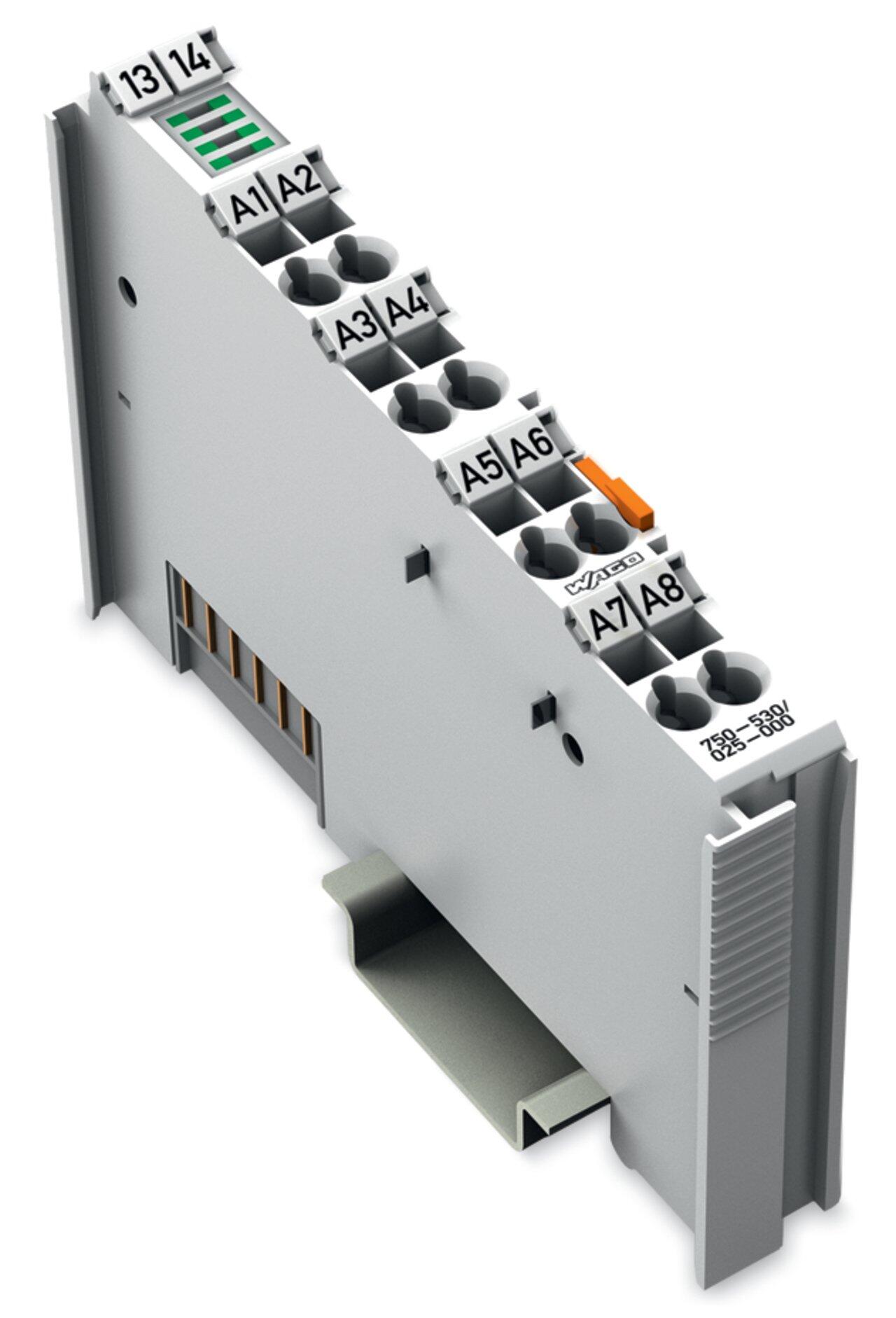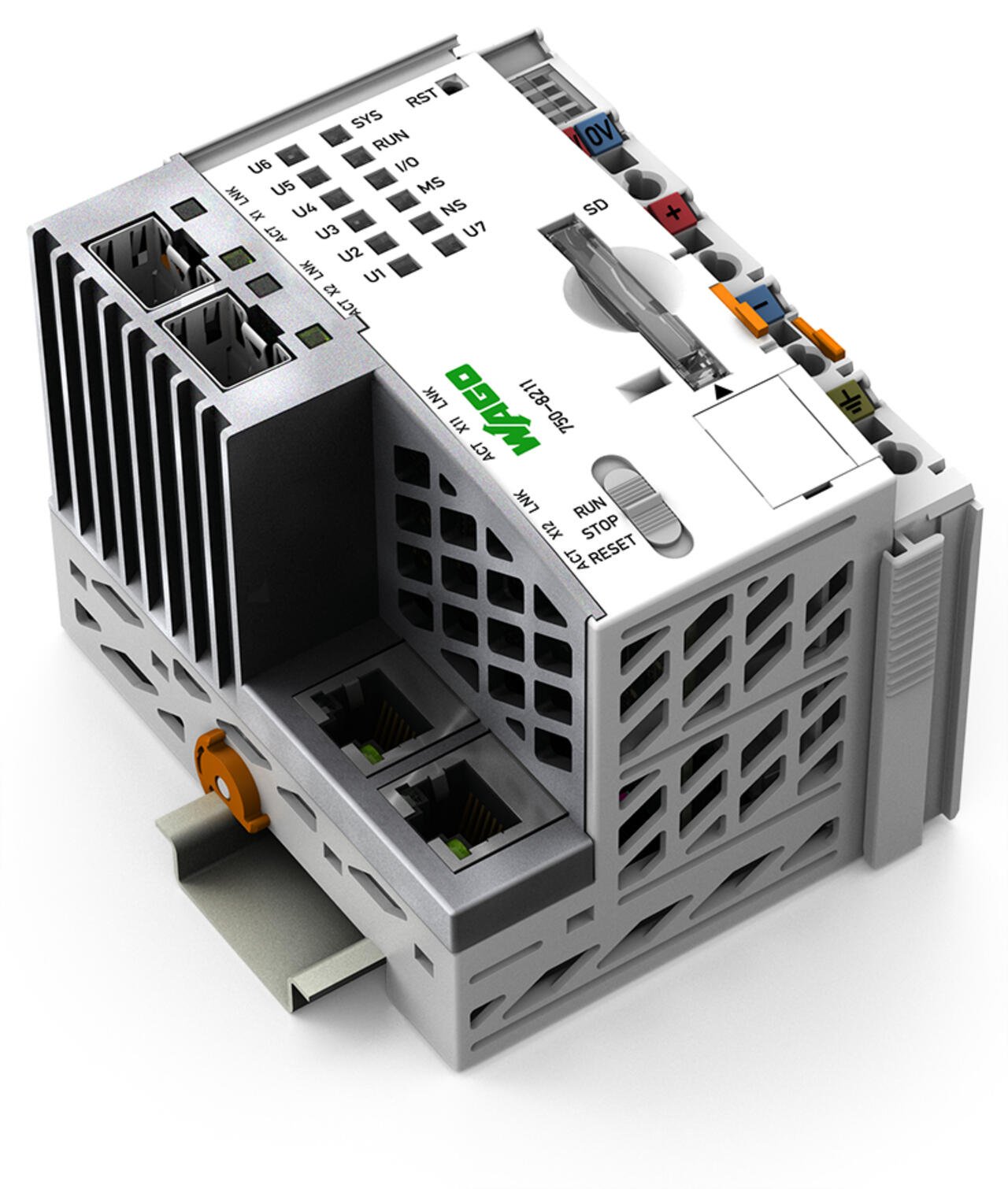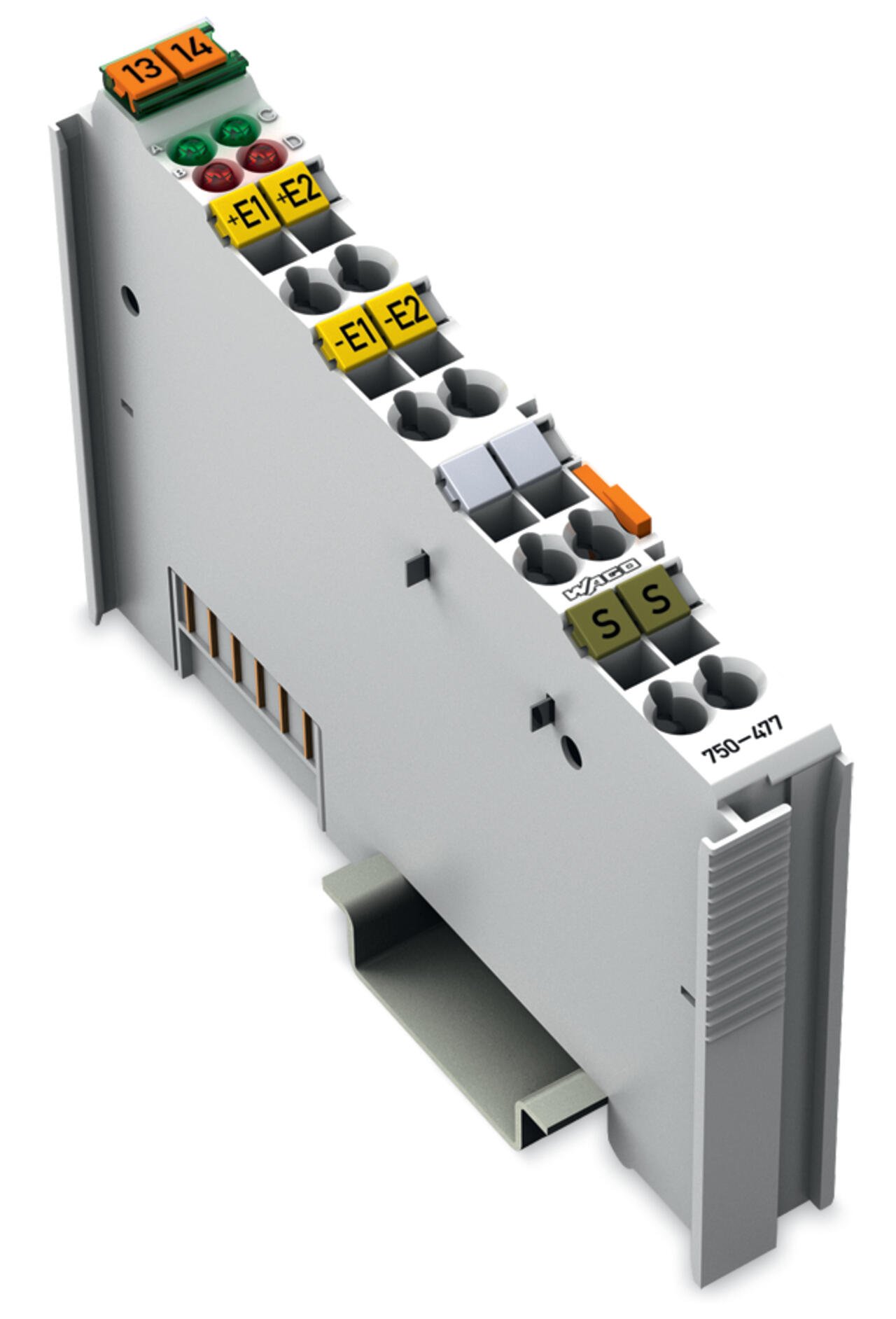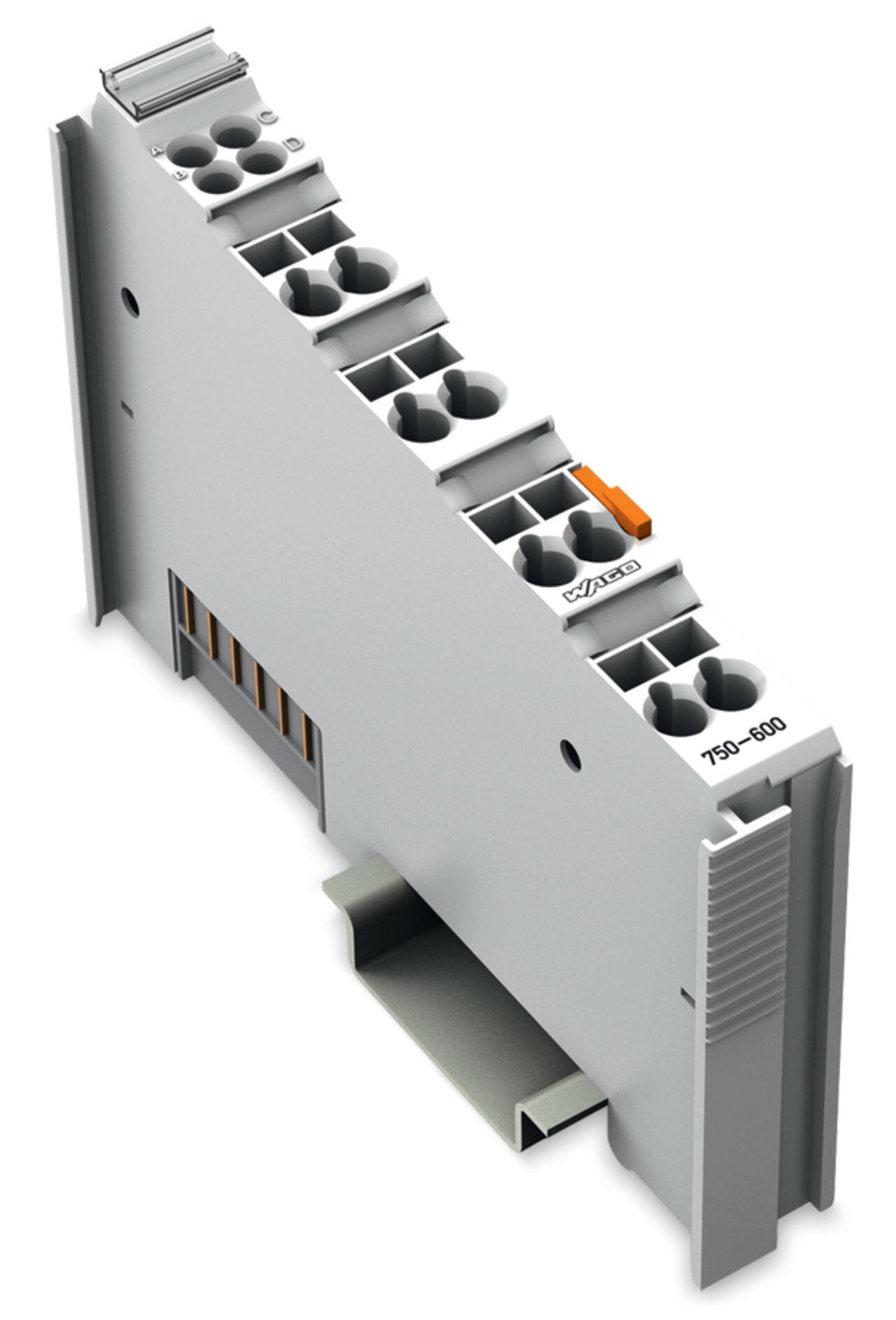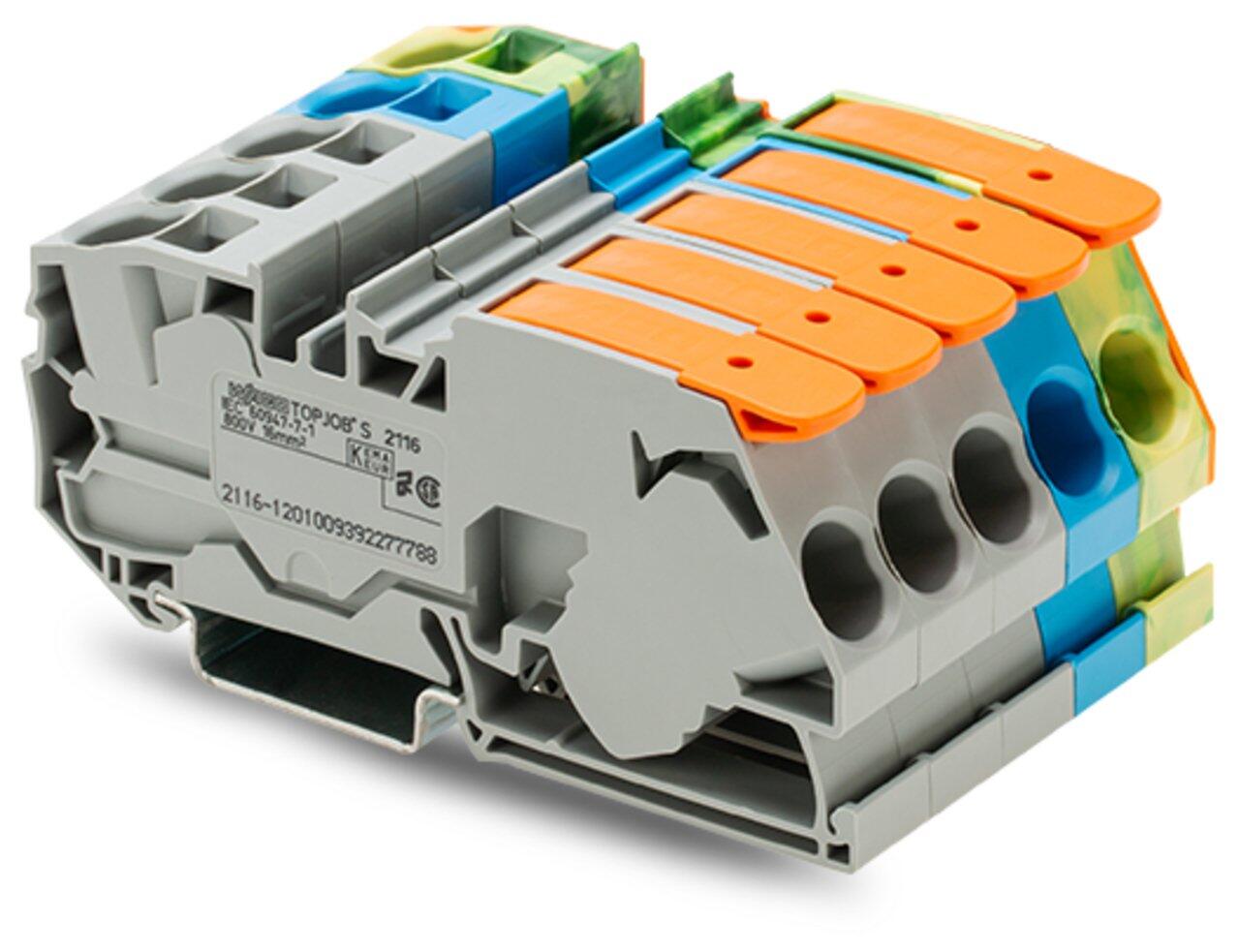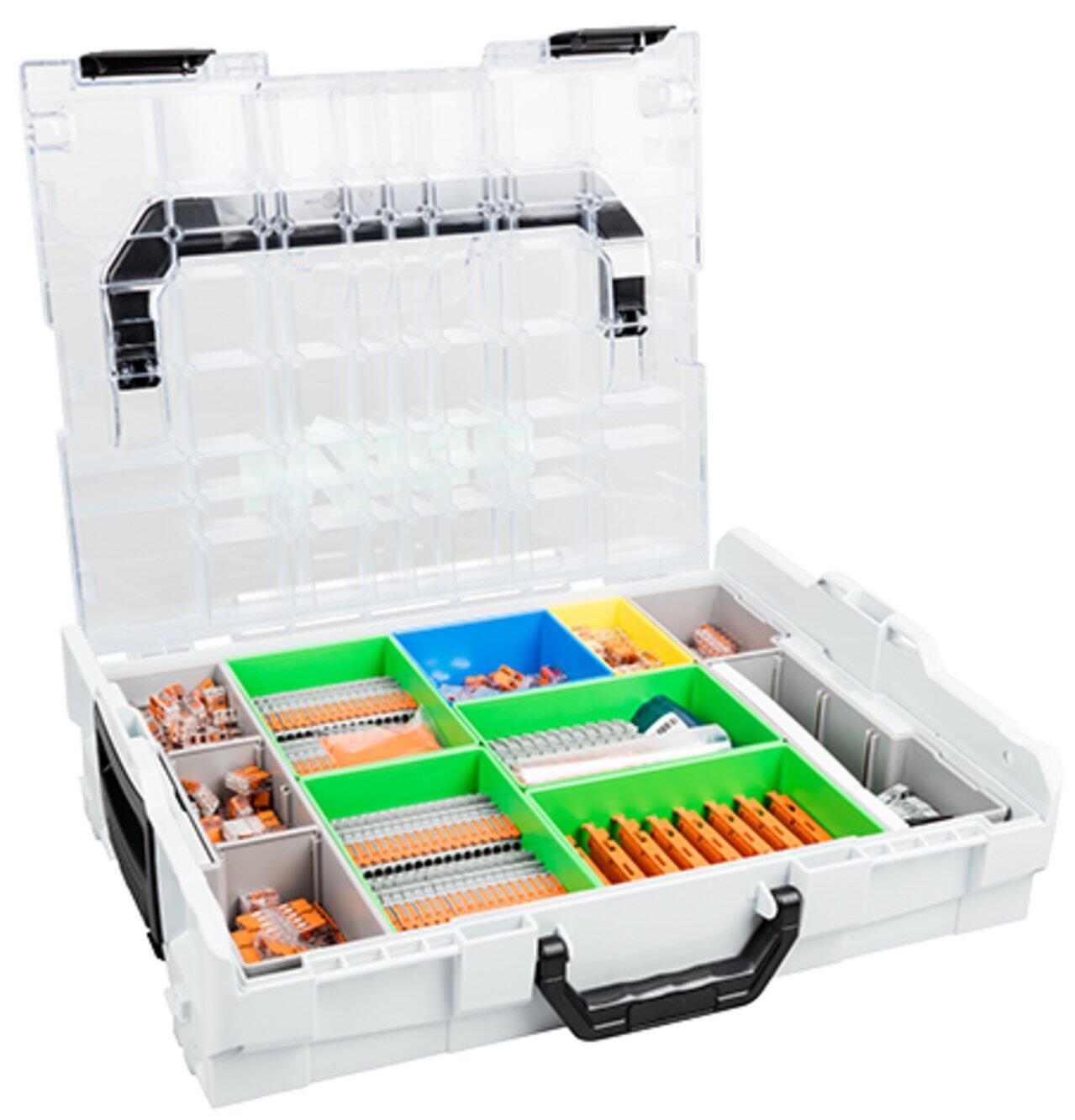Storage Systems Balance out Solar Power
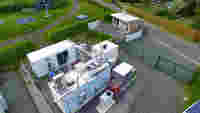
As part of the Smart Grid Solar project, the Bavarian Center for Applied Energy Research is testing how storage devices can help equip local networks for the increased supply of solar electricity. Controllers from WAGO ensure secure communication between individual systems and the control center.
The integration of current from fluctuating sources into the low-voltage networks is one of the greatest challenges of the energy transition. The Bavarian Centre for Applied Energy Research (ZAE Bayern), together with partners from science and industry, has initiated a field test in the small city of Arzberg in Upper Franconia that should provide some solutions. “How is it possible to link a large number of PV arrays into the local network without costly expansion of the latter? How will it be possible to operate the local networks securely and efficiently in the future, when even more renewable energy systems are supplying the power?” These are two of the questions behind the project, according to Project Leader Philipp Luchscheider from ZAE Bayern.
Integrating Storage Systems Reliably – Here’s How WAGO Supports You:
- WAGO’s controllers offer a high degree of flexibility for integrating various systems.
- Efficient data transfer between the controllers and control center via MQTT protocol
- Reliability – even in adverse weather conditions
